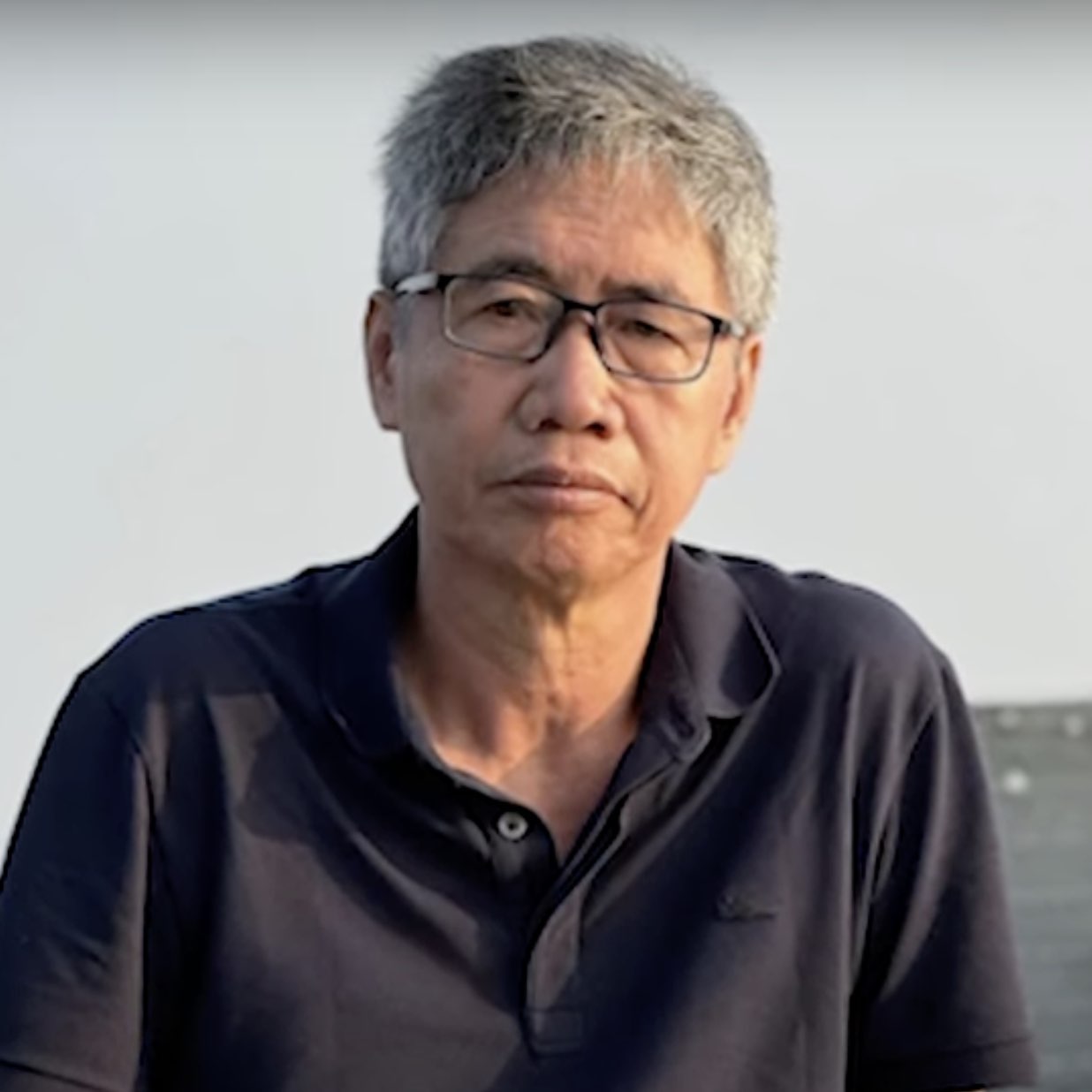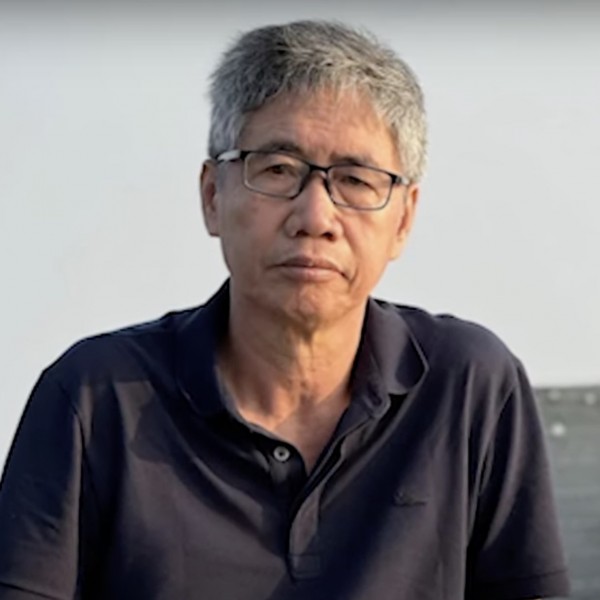The IPI global network calls upon the Vietnamese government to immediately release the prominent journalist and commentator Truong Huy San (also known by his pen names Huy Duc and Osin), who was detained on June 1, 2024, on unfounded charges of “abusing democratic freedoms.” Authorities must release San and drop all charges against him.
San, an acclaimed and influential journalist and blogger, has written about various social and political problems in Vietnam, including corruption and environmental issues like deforestation. San’s Facebook account, which had more than 350,000 followers, was deactivated, and his posts were removed on the day of his arrest.
Before his arrest, he had recently posted an entry on Facebook titled “A country cannot develop based on fear,” warning about the dangers posed by the concentration of power in the Ministry of Public Security. He also posted a post critically analyzing the official anti-corruption campaign led by Communist Party leaders.
According to state-run media, Vietnamese authorities stated San was “abusing democratic freedoms” through these Facebook posts, which “infringed on the interests of the state and the legitimate rights and interests of organizations and individuals.” The charges were brought under Article 331 of the penal code, which authorities have frequently used to silence government critics. In April 2021, the same article was used to sentence journalist Nguyen Hoai Nam to three-and-a-half years in prison for criticizing the government’s handling of a corruption case on Facebook.
Vietnamese media also reported that San’s home and workplace were both searched. Authorities confirmed San’s arrest a week after he was detained, as concerns over his whereabouts circulated on social media.
“IPI calls for the immediate release of journalist Truong Huy San and for charges against him to be dropped”, Amy Brouillette, IPI Director of Advocacy, said. “San’s arrest reflects the regime’s relentless effort to censor and control the media and to stifle any critical reporting of its policies.”
Although press freedom is guaranteed in Vietnam’s Constitution, the regime frequently applies the criminal code and other laws to punish and harass journalists and political opponents for criticizing the government, often under the guise of protecting national security. As of 2023, at least 19 journalists are imprisoned in Vietnam, where they often face mistreatment and abuse.
The Washington Post reported in June last year that Meta, which owns Facebook, has repeatedly conceded to the Vietnamese government, routinely censoring dissent and forcing users labeled as opposition by the government off the platform. According to the Post, Meta has “adopted an internal list of Vietnamese Communist Party officials who should not be criticized on Facebook,” a list shaped in large part by Vietnamese authorities. According to the Vietnam E-Commerce Association, more than 70% of Vietnam’s population uses Facebook.
This arrest is not San’s first time facing punishment for his work as a journalist. In 2006, he founded a popular blog called Osin that published social and political commentaries that Vietnamese authorities shut down in 2010. His comments on Osin cost him his position at the state-run newspaper Sai Gon Tiep Thi (Saigon Marketing) in 2009, where he wrote on several high-profile corruption cases. During his 2012 Nieman fellowship at Harvard, San authored a journalistic account of Vietnam’s postwar era — titled “The Winning Side,” which has been banned in Vietnam.



